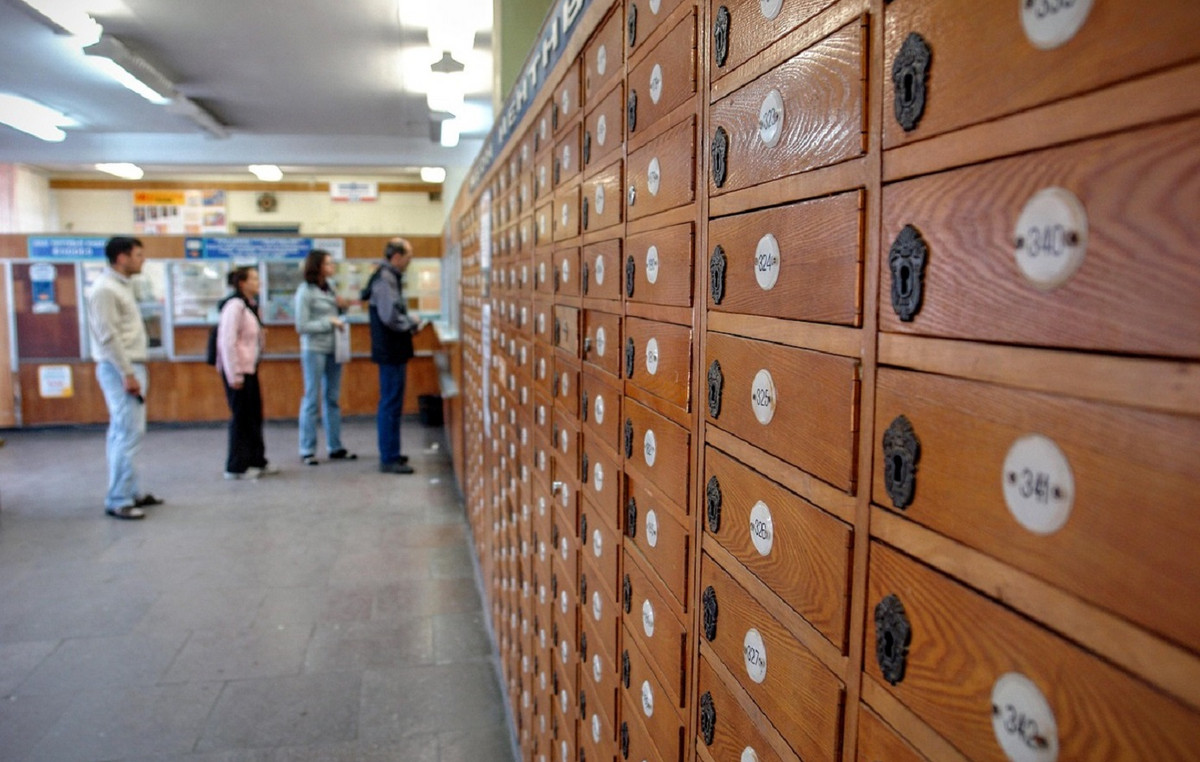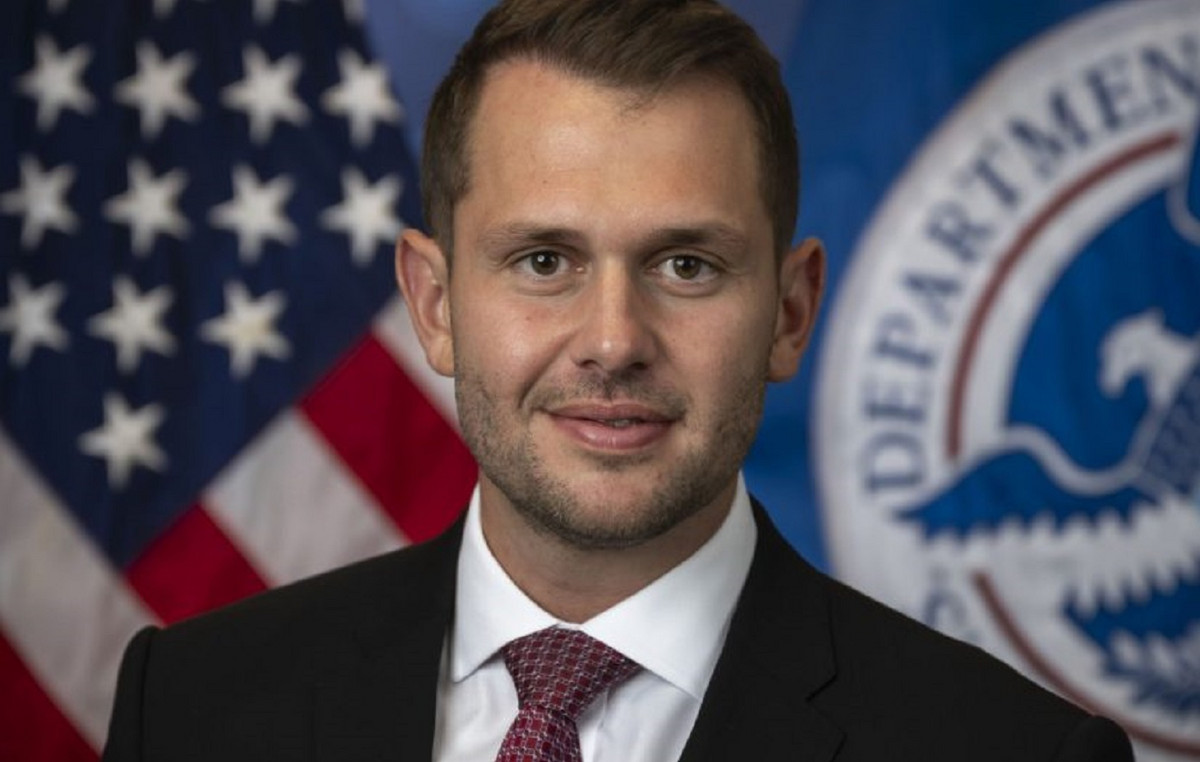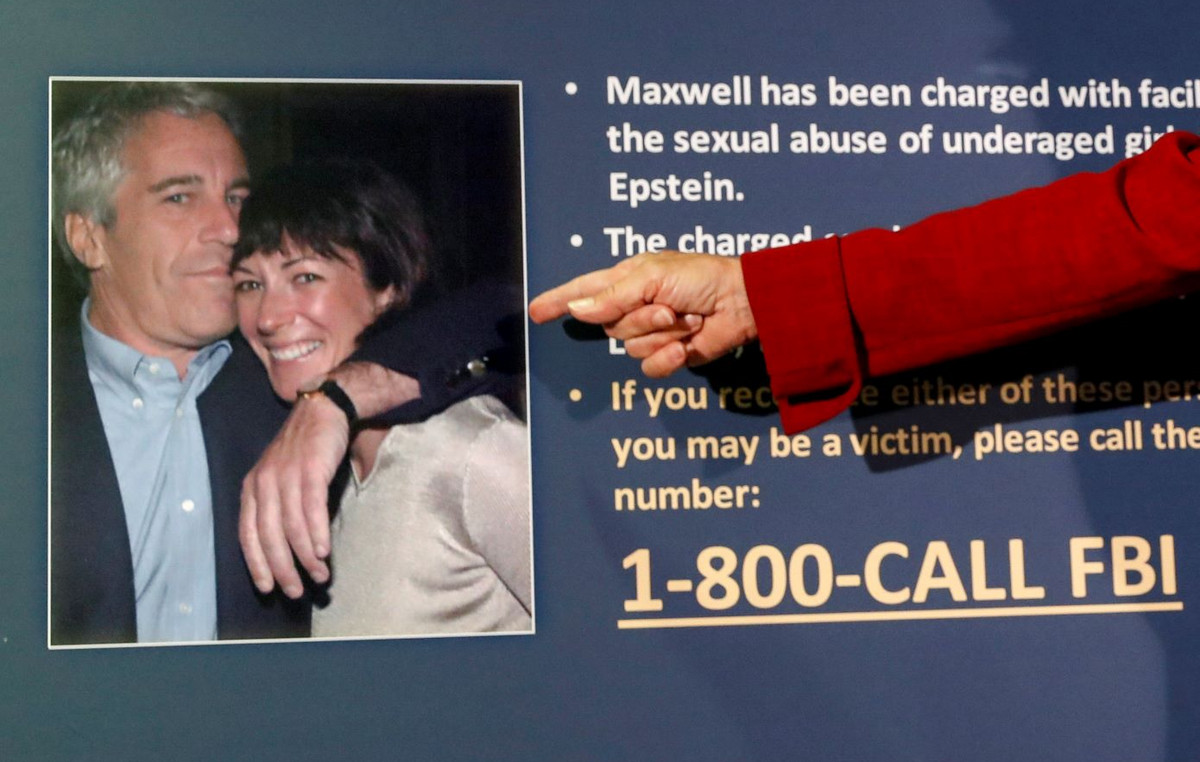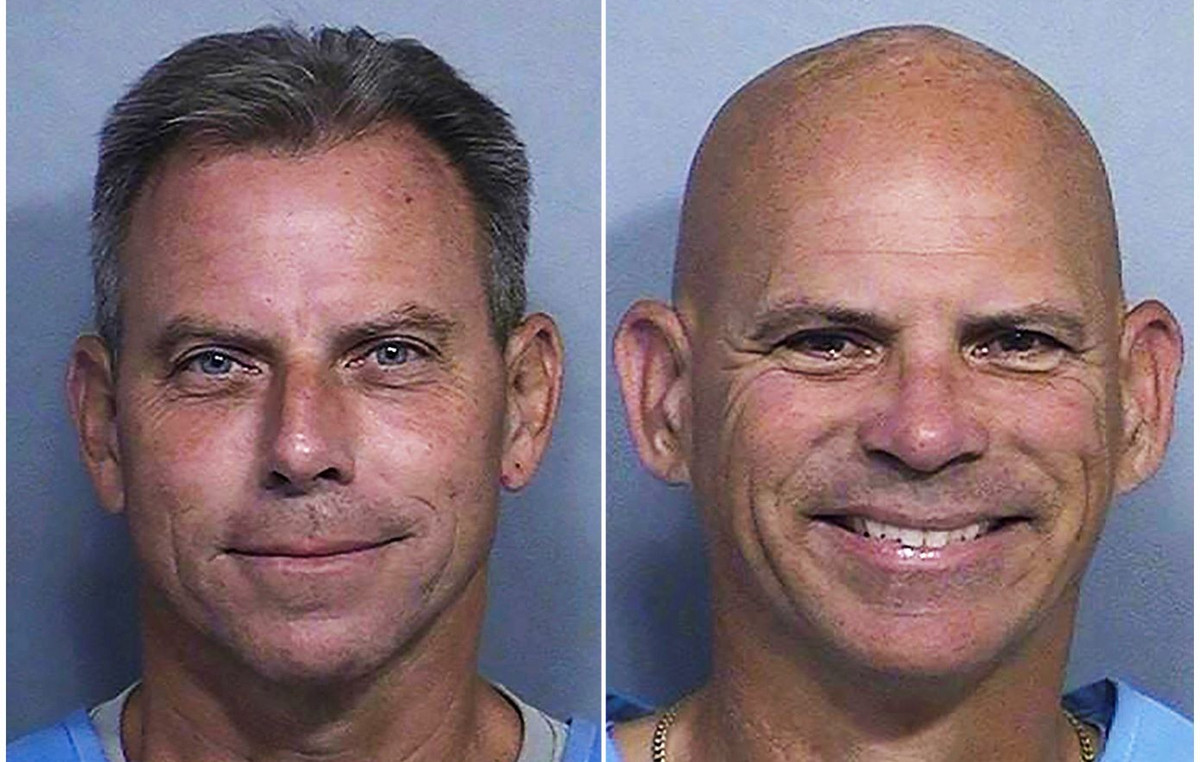Brazil has one of the largest public transplant systems on the planet, with 88% of procedures financed by the Unified Health System (SUS). In absolute numbers, Brazil is the second largest transplant in the world, behind only the United States.
Patients receive comprehensive and free care, including preparatory exams, surgery, follow-up and post-transplant medication, through the public health network.
This week, the CNN Vital Signs presents an overview of transplants in Brazil. The rerun of the program, presented by cardiologist Roberto Kalil, will air this Sunday (31), at 7:30 pm, reinforcing the diversified content with the brand CNN Soft .
The National Transplant System (SNT) integrates the Health Departments of all states and municipalities, in a coordinated structure to centralize the notification of donations and provide adequate logistics for organs and tissues.
Despite this, experts reveal that Brazil faces difficulties in the face of a vital element for transplantation: the donor.
“The transplant starts with donation. Without a donor, there is no transplant. If the number of donors increases, the system behaves. We have many transplant centers that could be used more than they are, due to lack of donation”, explains Paulo Pêgo Fernandes, head of the Thoracic Surgery Division at InCor (see interview in the video above ).
According to the expert, a single donor can save up to ten lives . The donation includes corneas, kidneys, liver, lungs, heart, pancreas, intestines, and skin and bones.
According to a survey conducted by the Federal University of São Paulo (Unifesp), family refusal is the main reason that prevents organ donation in Brazil. According to the Brazilian Association of Organ Transplantation (ABTO), 43% of families refused to donate organs from their relatives after proven brain death in 2021.
According to the legislation in force in the country, the family must authorize the donation of the organs of a loved one – a sovereign decision.
“There was a period when they did a big media campaign, when everyone was a donor until proven otherwise. This is the presumed donation. In some countries, this works. Argentina and Spain are like that. In Brazil, there was a lack of clarification for the population. The population was startled, thinking ‘wow, they’ll take my organs and if I don’t want to?’”, says Fernandes.
Importance of talking about it with the family
The doctor emphasizes the importance of manifestation of people with family members by the desire or not by organ donation.
Experts explain that the refusal of relatives to donate organs is based on a lack of knowledge about what brain death is, in addition to religious factors or the understanding that the family member can recover.
Nurse Edvaldo Legal de Moraes has been working with the Organ Procurement Organization (OPO) of Hospital das Clínicas for 25 years with the aim of clarifying in a didactic way what brain death is and the importance of donation.
“My role is not to convince, but to enable the family to make a decision. Understand what the family thinks about the donation issue and what the person thought about donation in life. One of the techniques we learn in the communication course is to reflect emotions,” she says.
The nurse explains that, when faced with the news of the death of a loved one, he observes the way in which the family receives and processes the information. “The idea of being trained in this scenario is for us to lead the family to something that they feel comfortable and confident within a tense scenario that is receiving the news of the death of a loved one”, explains Moraes.
“I think it’s the hardest thing in the world to talk about. Because no one imagines that one day it will happen. But people have to talk, because everyone is subject, we are all subject”, says Luiz Melges, neurologist and head of the Neurology service at the Marília School of Medicine.
In his professional career, Melges faced different cases of brain death in patients. In his personal life, he lost a son, victim of a car accident, and had to authorize the donation of organs.
“It’s important, everyone has to talk. Luiz Fernando had this side of being very close to people, a different side of him, spiritual, of always giving, of not getting attached to material things. So, that was more than enough for us to have made the decision. We knew that this was within his life profile”, completes the doctor.
Valéria Samadello Melges, mother of Luiz Fernando, reinforces: “It was what made this donation easier, this act of love, this generosity, which was his. This possibility of donation was a gift for us, to let it continue in other lives, for his organs to be delivered”, she says.

Transplant between living donors
The episode will also show details of transplants performed between living people. Donation is possible as long as they are double organs and that there is a possibility for the donor to have a normal life after the transplant. One of the kidneys or lungs, part of the liver, pancreas and bone marrow are examples of organs that can be donated while still alive.
People in good health, legally capable and who agree with the donation can be considered able to donate in life. By law, parents, siblings, children, grandparents, uncles and cousins can be donors. The donation by people who are not relatives can only happen with judicial authorization.
The organs and tissues that can be obtained from a living donor are kidney (one of the kidneys is donated and both the donor and the transplant can lead a perfectly normal life), bone marrow, liver or lung.
From the city of Socorro, in the interior of São Paulo, the team from CNN shows the story of public servant João Batista Preto de Godoy, who needs a transplant after liver cancer.
“Cancer is just you. The transplant moves because I had to put a person with me. Someone will have to go into an operating room, make a cut, take a part of the body and donate it to me”, says João. The outcome of this story can be seen in this week’s episode.
“Giving is rebirth. When I teach, I say that there is nothing more gratifying than putting a liver that is without blood, without circulation and opening the tweezers and seeing the rebirth of the liver, the recirculation of blood. This is life, a rebirth for that person”, says Luiz Augusto Carneiro D’Albuquerque, director and professor at the Division of Liver Transplants and Organs of the Digestive System at Hospital das Clínicas de São Paulo.
Source: CNN Brasil







